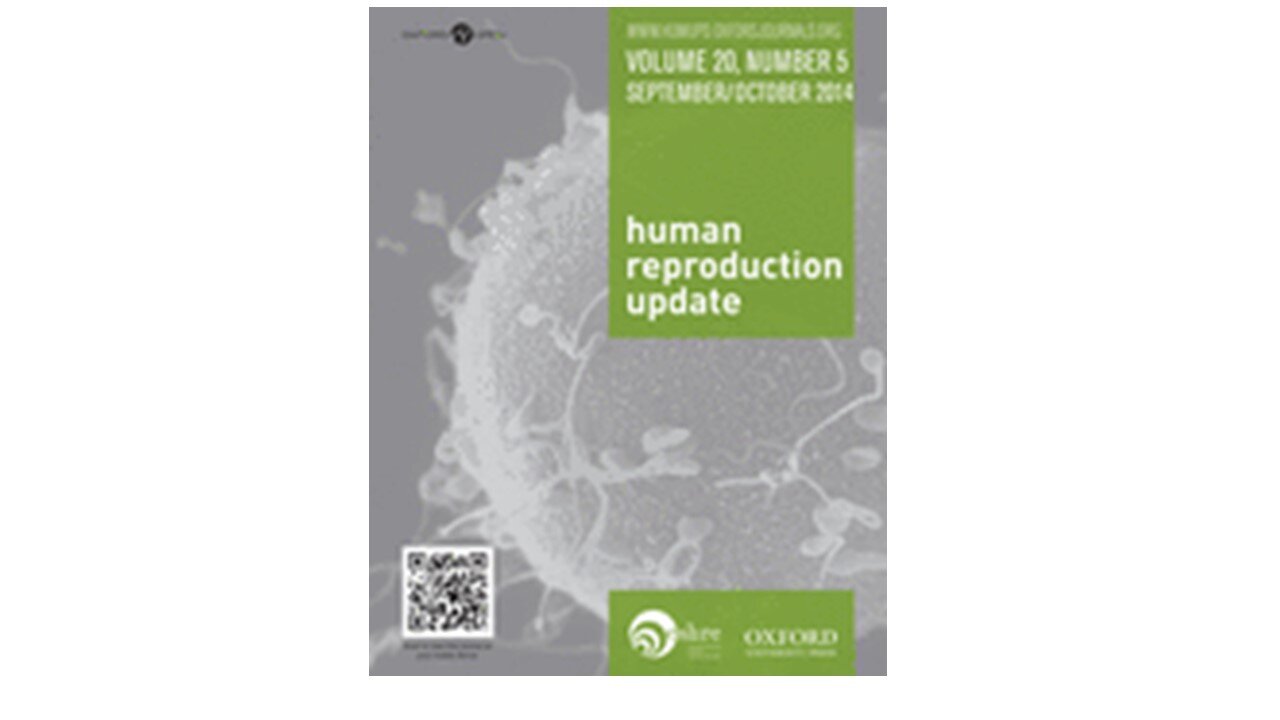
Research Highlights
Psychreg Journal of Psychology Runs Special Issue on Male Psychology
We just had the International Men’s Day this November, but issues that affect men happen all year round. That’s why we need a steady flow of initiatives. In line with this, Psychreg Journal of Psychology (PJP), the open-access initiative of Psychreg, published a special issue on male psychology which was guest-edited by Dr John A. Barry.
NEW PAPER: Reactions to contemporary narratives about masculinity: A pilot study
Masculinity is frequently talked about in contemporary Western media as being in crisis, needing reform or even being ‘toxic’. However, no research to date has assessed the impact that this pervasive narrative might be having on people, particularly men themselves
The Harry’s Masculinity Report: UK 2017 & USA 2018
Abstract. In recent years, psychologists have applied some of the ideas from positive psychology to the study of masculinity in order to find out what factors contribute to men’s mental health. This line of research acts as a counterbalance to research that began in the 1990s which focused mainly on problems related to masculinity.
The Colour blindness Quality of Life Questionnaire
Background: Congenital colour vision deficiency (CVD), commonly called ‘colour blindness’, affects around 8% of men and 0.4% of women. Although many aspects of health (e.g. change in colour of urine) and healthcare (e.g. coloured medication, colour-coded diagnostic tests), and modern life depend upon colour coding (e.g. graphs, maps, signals), the impact of colour blindness on everyday life is not generally considered a topic of importance. This study is the first to create and validate a questionnaire measuring the quality of life (QoL) impact of being colour blind.
Click here to read the full Paper
Want to use this questionnaire in your study? Click here to access a free guidance document
Risk of endometrial, ovarian and breast cancer in women with polycystic ovary syndrome: a systematic review and meta-analysis (Google Scholar citations: 330)
ABSTRACT: Background: Polycystic ovary syndrome (PCOS) is a common condition affecting around 8% of women. The objective of the present study was to quantify separately the risk of endometrial cancer, ovarian cancer and
Relaxation and guided imagery significantly reduces androgen levels and distress in polycystic ovary syndrome: pilot study
ABSTRACT. Aim: Women with polycystic ovary syndrome (PCOS) often have elevated levels of the andro- gen testosterone, and are at increased risk of anxiety and depression. This study aimed to use psychological relaxation with guided imagery to decrease androgen levels and improve mood in PCOS.
Gender differences in preferences for psychological treatment, coping strategies, and triggers to help-seeking
Objective. There is some evidence that men and women deal with stress in different ways; for example, a meta-analysis found that women prefer to focus on emotions as a coping strategy more than men do. However, sex differences in preferences for therapy is a subject little explored.





